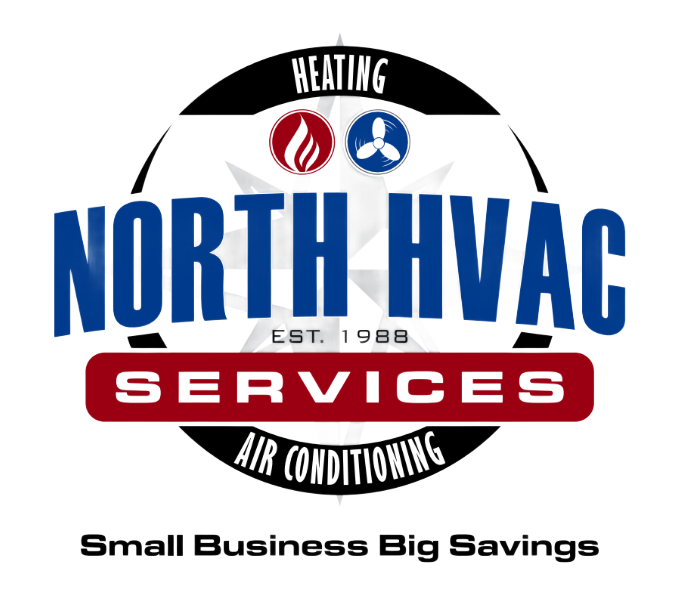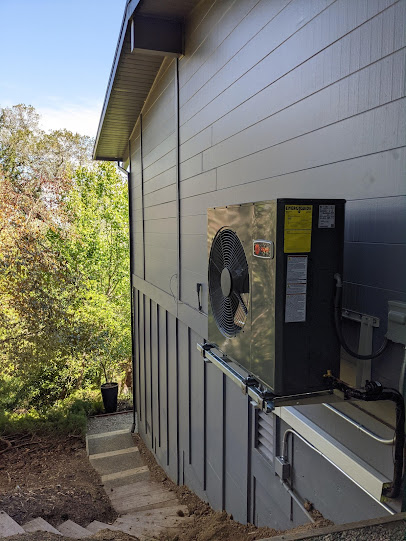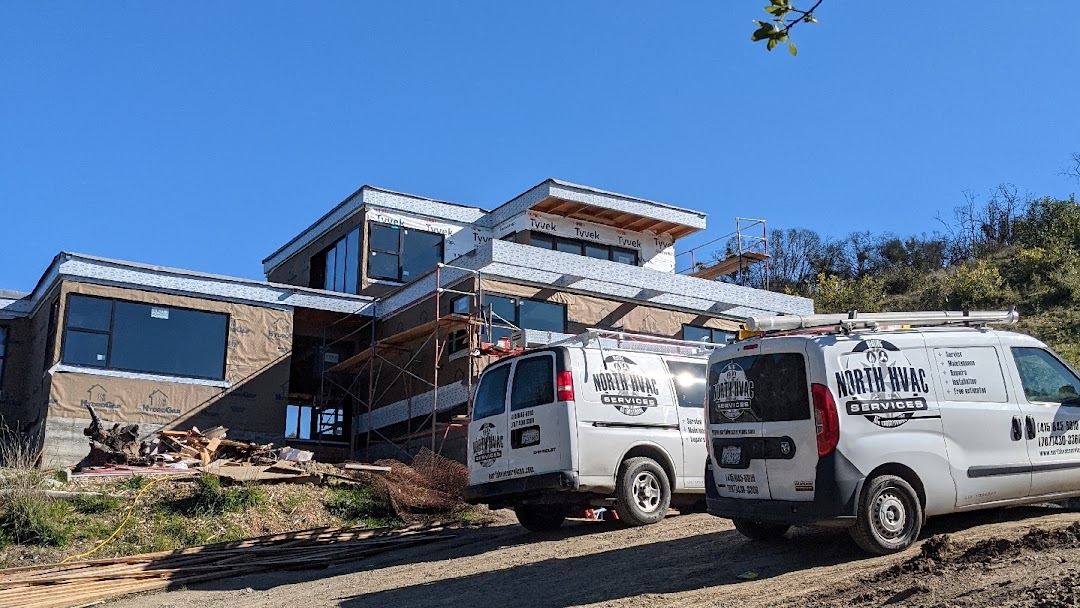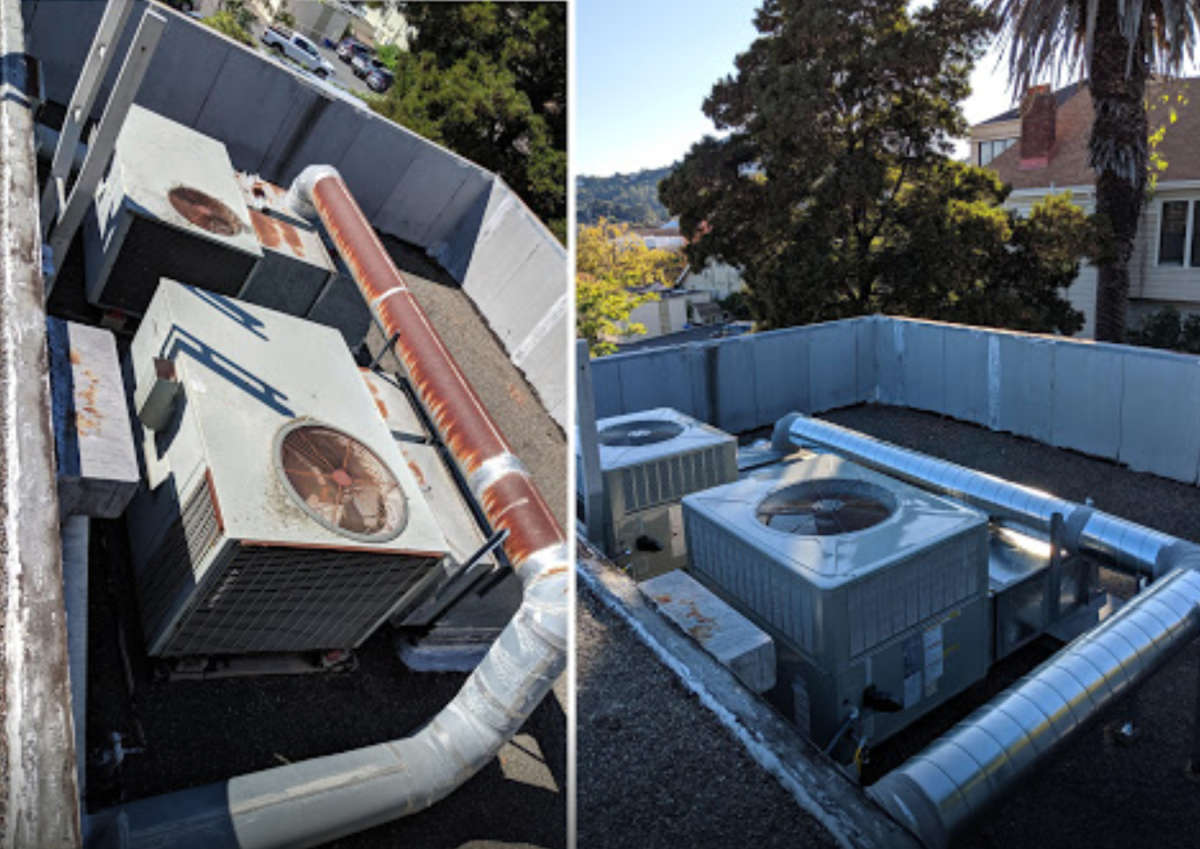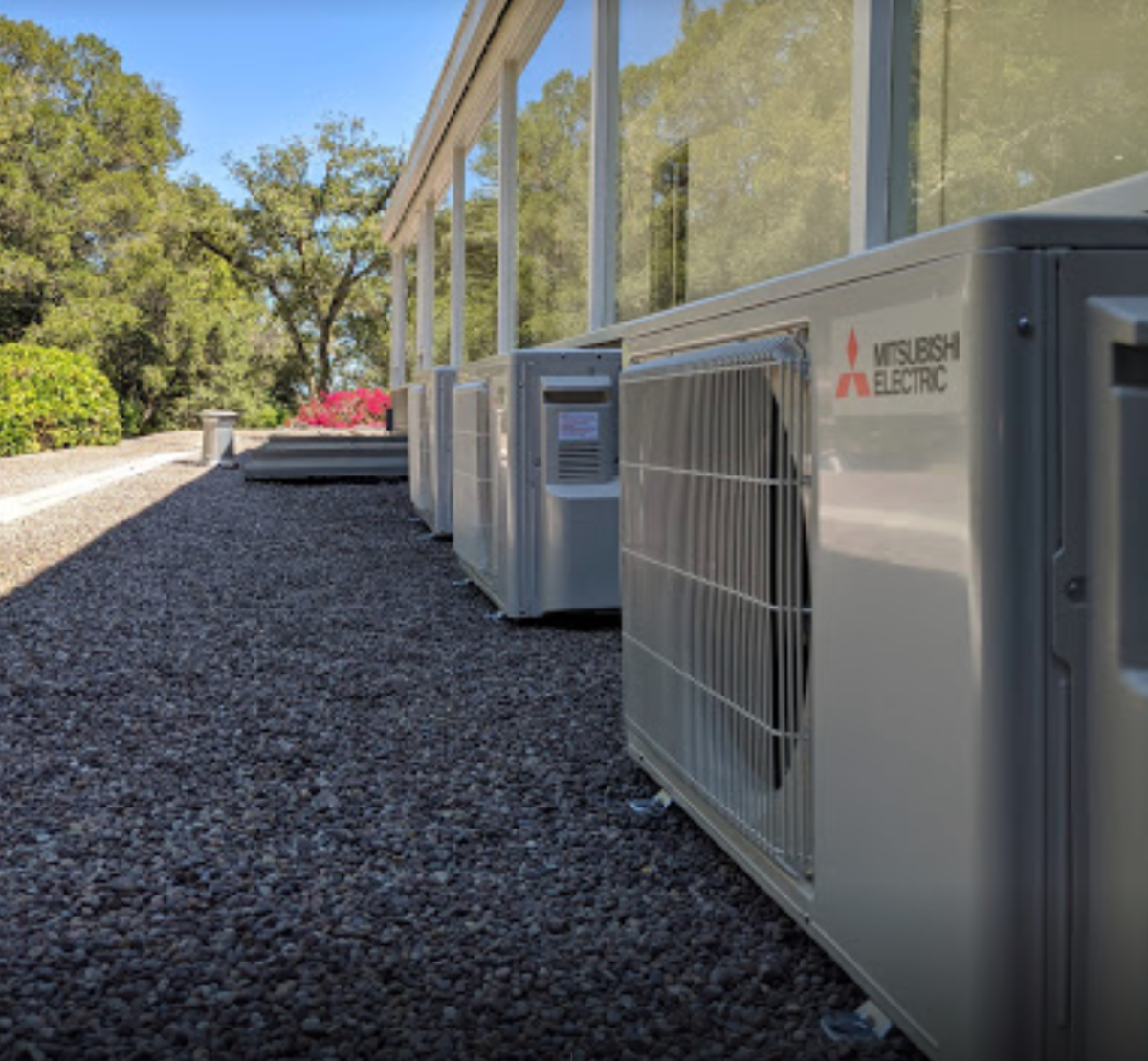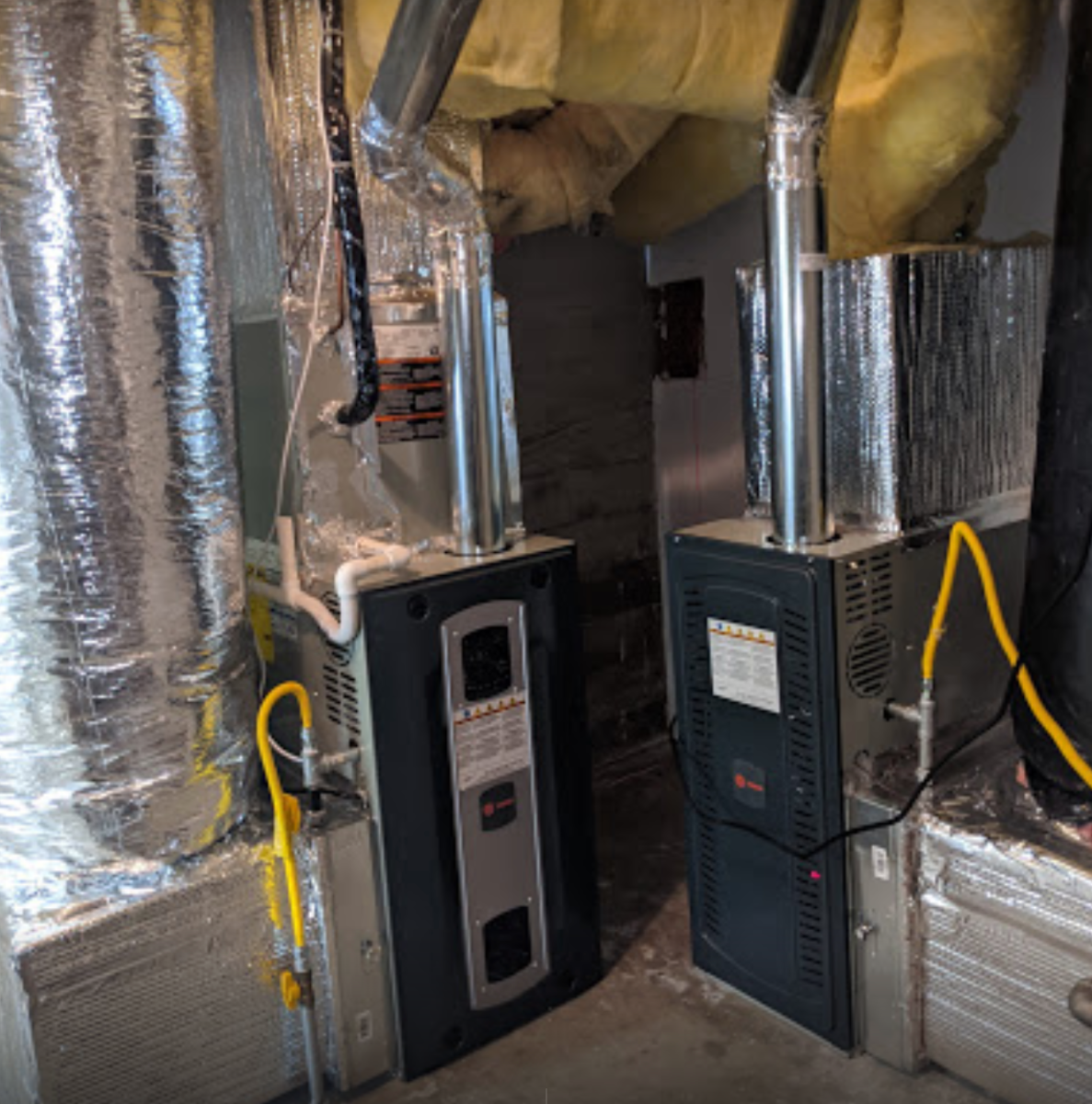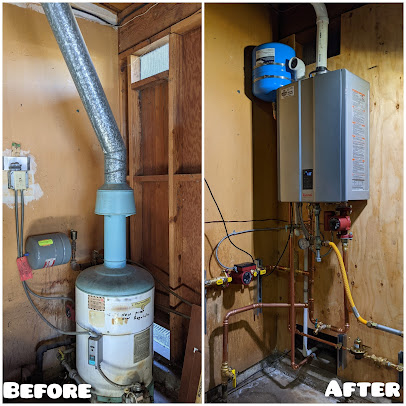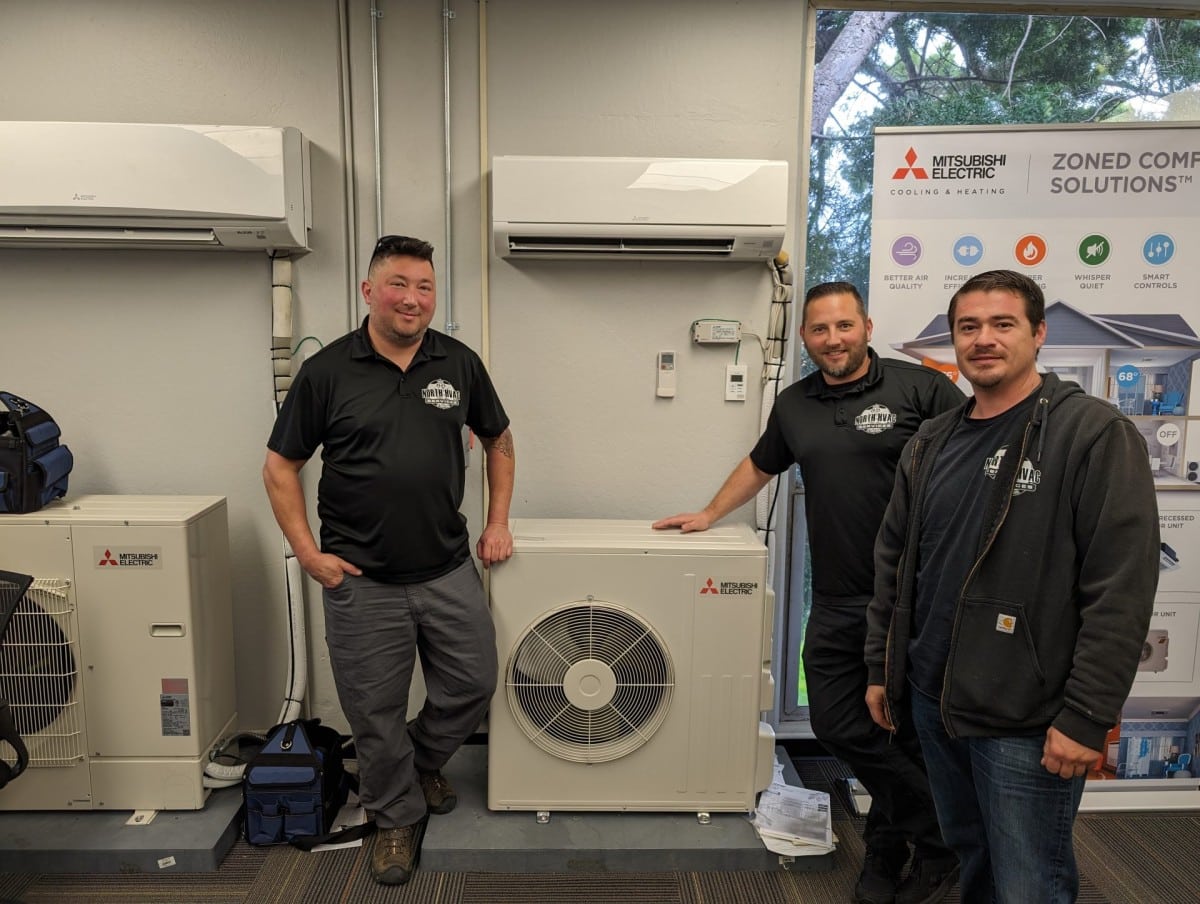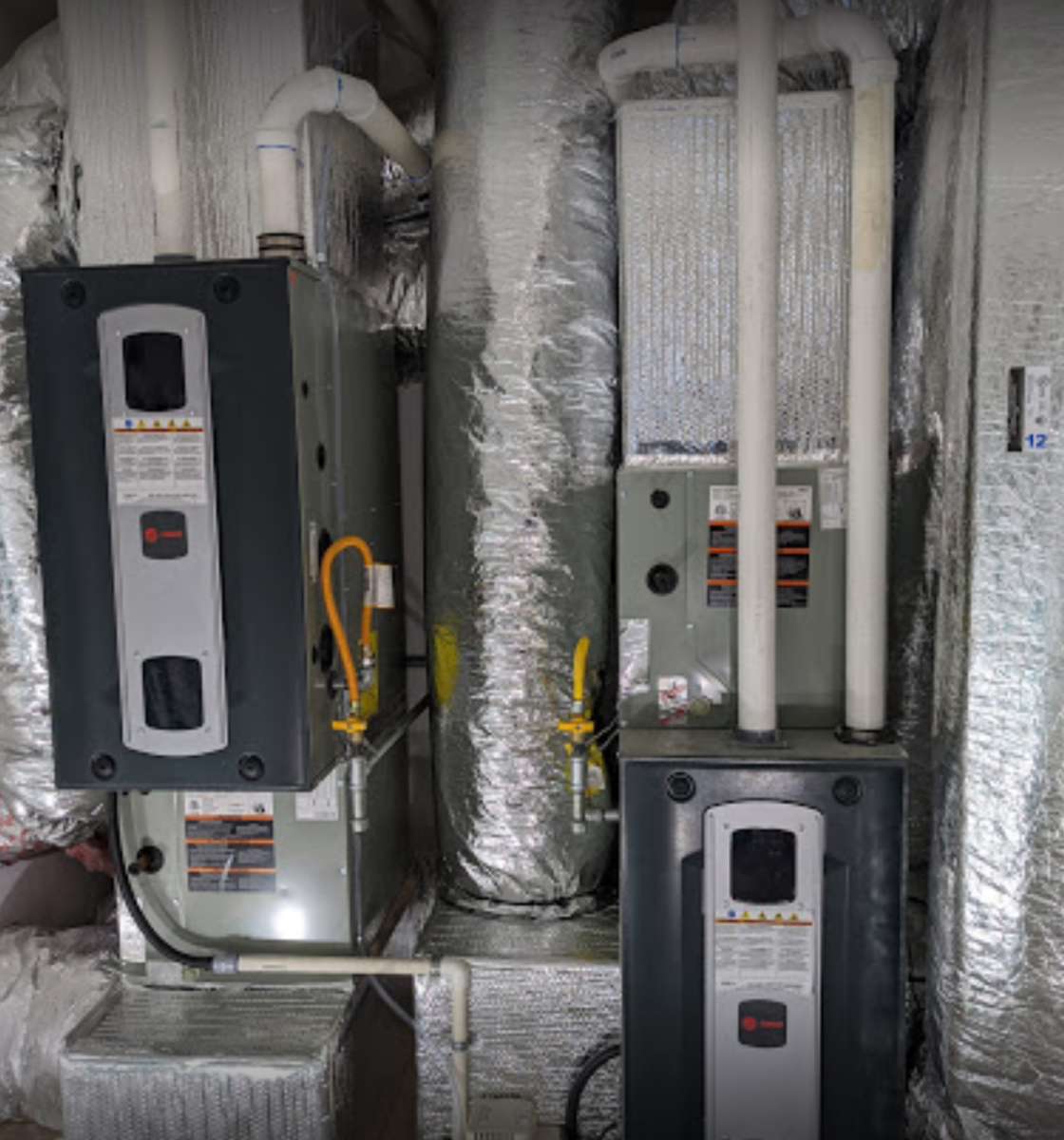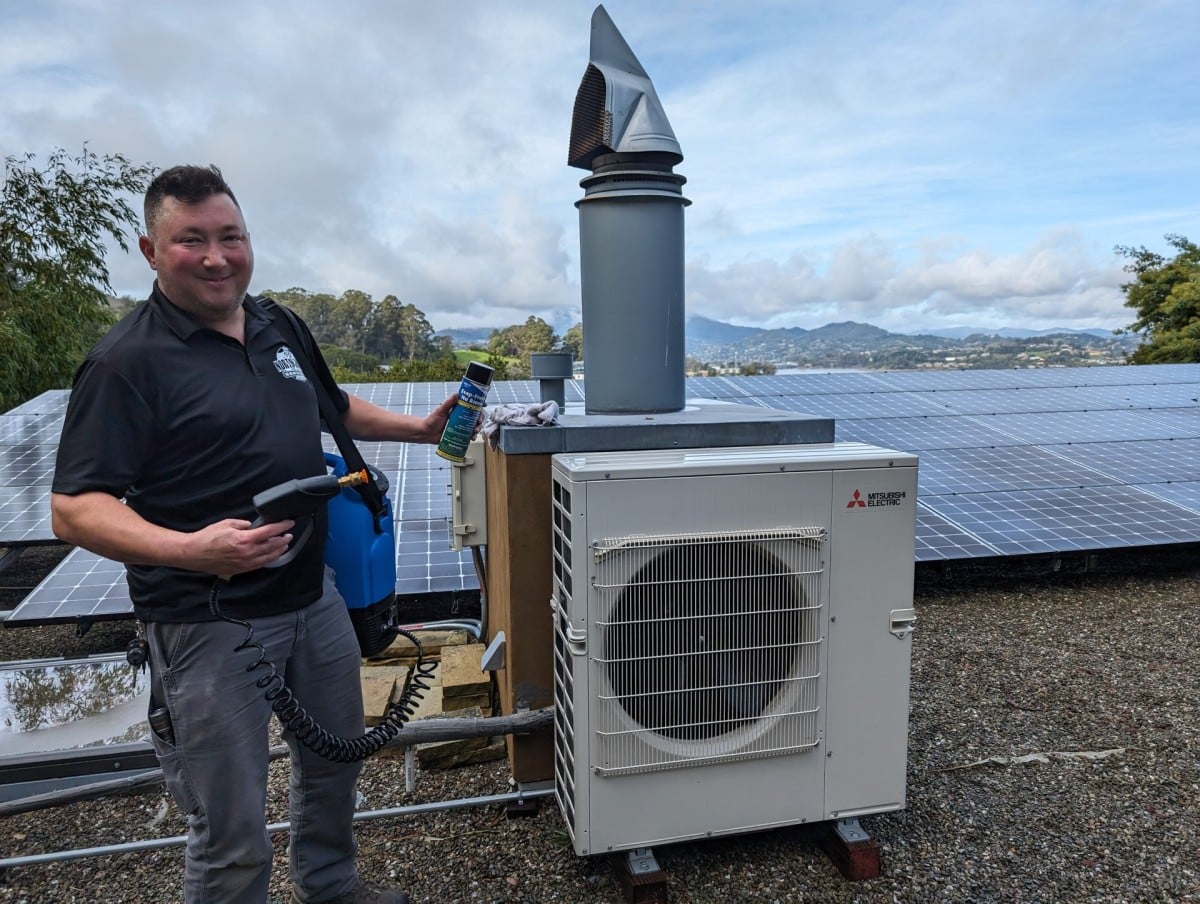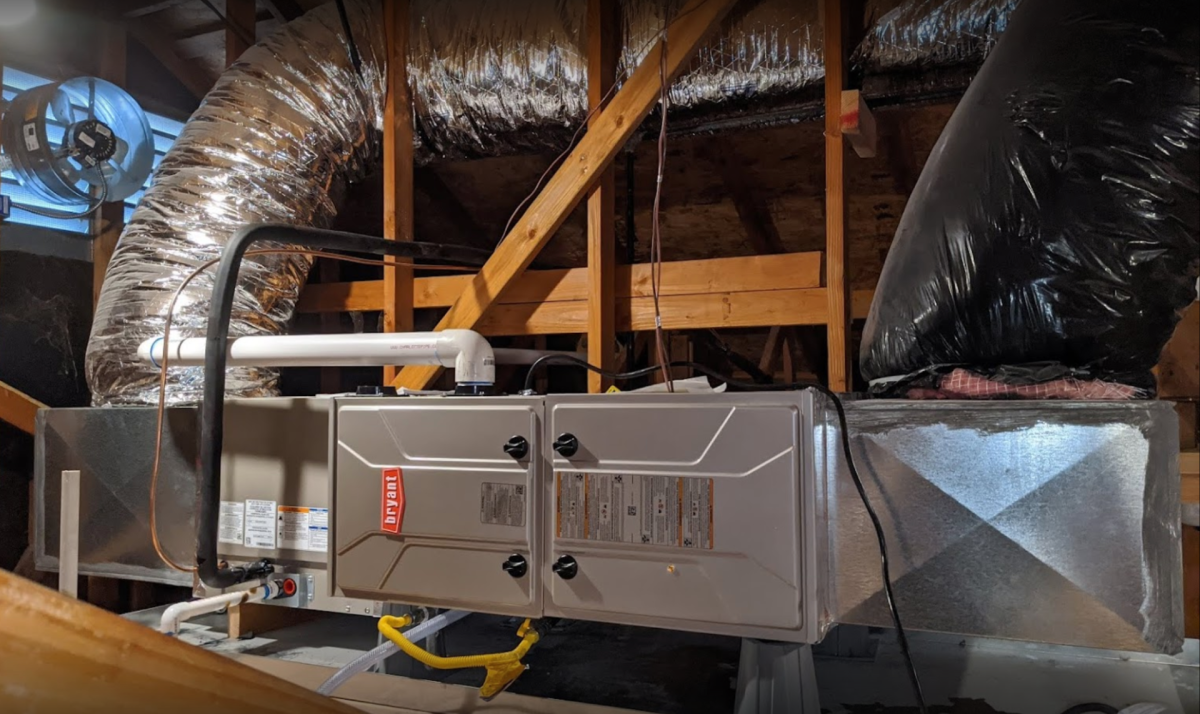Keeping your HVAC system running smoothly is essential for maintaining a comfortable home. Regular maintenance not only helps in improving the efficiency of your system but also saves you money in the long run. By taking simple steps to care for your HVAC, you can avoid unexpected repairs and extend the lifespan of your equipment.
One of the first steps in ensuring your HVAC system operates efficiently is by regularly replacing the filters. Dirty or clogged filters can lead to reduced airflow and increased strain on your system, causing higher energy bills. Additionally, cleaning and inspecting your HVAC components will help you identify any potential issues before they turn into costly repairs.
Scheduling professional maintenance is another critical aspect of HVAC care. Even if you are diligent with routine tasks, a professional can spot problems that might be overlooked and ensure everything runs optimally. Finally, knowing how to troubleshoot common HVAC issues can save you time and money, preventing minor problems from escalating. Regular attention to these factors ensures your home remains comfortable year-round while keeping energy costs in check.
Regular Filter Replacement for Optimal Performance
One of the simplest ways to maintain your HVAC system’s efficiency is by regularly changing the air filters. These filters trap dust, pollen, and other particles, ensuring clean air circulates throughout your home. Over time, filters can become clogged with debris, making it harder for the system to push air through. This can cause the system to work harder, using more energy and reducing its lifespan.
We recommend checking your filters every month and replacing them at least every three months. If you have pets or live in an area with high pollen, you might need to replace them more frequently. Clean filters help keep your HVAC system from overworking and ensure it operates effectively. By maintaining clean filters, we can reduce energy consumption and save on utility bills.
Cleaning and Inspecting HVAC Components
Cleaning and inspecting the different parts of your HVAC system is another crucial step in maintaining efficiency. Over time, dust and debris can accumulate in ducts, vents, and other components, causing blockages and reducing airflow. Regular cleaning helps prevent these blockages, ensuring air moves smoothly through the system.
We should also inspect components like coils, fans, and the outdoor unit for any signs of wear or damage. Cleaning the evaporator and condenser coils is especially important as dirty coils can hinder the system’s ability to absorb and release heat efficiently. By keeping these parts clean and in good condition, we can help our HVAC system run more smoothly and use less energy. Regular inspections allow us to catch any potential issues early, preventing costly repairs down the line.
Frequent Repairs: When Fixing Costs More Than Upgrading
Experiencing frequent repairs with your HVAC system can be a major sign that it’s time for an upgrade. When you find yourself calling for repairs more often than before, it indicates that your system is wearing out. These repair costs can add up quickly and might even surpass the cost of a new, efficient system over time.
An old HVAC system may struggle to maintain indoor comfort, leading to component failures. Frequent breaker trips, unusual noises, or issues with the thermostat could signal extensive wear and tear. If you are spending more on repairs than anticipated, it’s wise to consider how a new system would provide better performance and reliability. Upgrading can save money in the long run and reduce the inconvenience of unexpected breakdowns.
Age of Your HVAC System and Its Impact on Performance
The age of your HVAC system plays a significant role in its performance. Most HVAC systems have a lifespan of 10 to 15 years. As your system nears or exceeds this age, it becomes less efficient and more prone to breakdowns. Old systems might not meet current energy standards, making them more expensive to operate.
With advancements in HVAC technology, newer systems offer better efficiency and features. Upgrading an old system ensures compliance with modern energy standards and improves indoor comfort. An updated HVAC system can also enhance air quality by incorporating better filtration and humidity control. Investing in a new system can lead to significant improvements in performance and energy savings.
Conclusion
Maintaining a comfortable home environment begins with a reliable HVAC system. Recognizing the signs that your system needs an upgrade, such as rising energy bills, inconsistent temperatures, frequent repairs, and an aging unit, helps you make informed decisions. Upgrading your HVAC system can lead to enhanced comfort, energy efficiency, and overall satisfaction. It’s important to act promptly when these signs appear to avoid inconvenience and higher costs down the line.
If you’re having issues with your HVAC in Petaluma, consider reaching out to us for expert advice and service. At North HVAC Services, we specialize in providing tailored solutions for heating and air conditioning needs in Marin and Sonoma counties. Don’t let an old or inefficient system affect your home’s comfort. Contact us today for a consultation, and let us help you upgrade to a system that meets your needs and keeps your home comfortable year-round.
